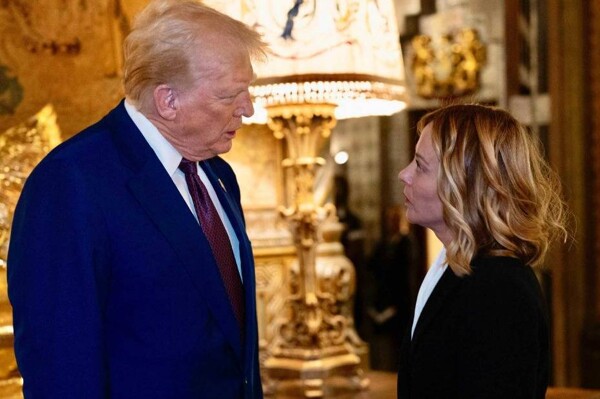
Until the 1990s, each of Italy's three state television channels was dedicated to one of the main political parties. Since then, every new government has sought to rally its supporters within the institution, with consequences that have always been dire. The current government has shifted to the right, and since the three largest private channels are part of the 'Mediaset' network, founded by Silvio Berlusconi, the right has achieved a near-monopoly on what the nation watches on its screens. However, it appears that Meloni's followers are determined to exploit this advantage to an unprecedented degree. New guidelines for European Parliament elections will allow Italy's state broadcaster to grant more airtime to the government, similar to the opposition. The text, approved by the parliamentary committee overseeing the broadcaster, allows for bypassing the usual proportional time allocation 'to guarantee timely access to public information about institutional and government activities.' Some explained that this means ministers may now be able to speak whenever they wish on discussion programs on the Italian state channel 'Rai.' There are at least two factors preventing an absolute monopoly on media narrative. The first is the need to air programs that the public wants to watch. Prominent television personalities have already left 'Rai' for private channels not part of the Berlusconi family, and their numbers are growing. The second factor stems from the sheer volume of contemporary media; young Italians are more inclined to use 'TikTok' or 'Instagram' than to watch 'Rai' or 'Mediaset.' In any case, the influence of Italy's broadcasting giant has always been a subject of debate. Source: 'The Economist.' Italy's state broadcaster has never achieved the independence enjoyed by the British BBC or American NPR. Antonio Scurati is one of Italy's leading writers. His historical novel 'The Son of the Century' won Italy's most prestigious literary award, the Strega Prize, and has been translated into many languages. It was part of a series chronicling the rise and fall of Italian dictator Benito Mussolini. For this reason, Scurati was the prime choice to speak on Italian state radio and television (Rai) before April 25, the public holiday marking the nation's liberation from fascism in 1945. However, Scurati was unable to deliver his speech, as the broadcaster withdrew its authorization for him to do so. The renowned Italian writer explained that this was because he intended to criticize Giorgia Meloni and her refusal to renounce her fascist past. The station claimed the reason was that he had demanded an exorbitant fee. Meloni responded in her customary manner, claiming she did not know the real reason for Scurati's absence. Scurati published the text of his speech on his 'Facebook' page, although this was unnecessary as it had already been published in the press and widely circulated on social media. A controversy erupted. Meloni's supporters claimed the broadcaster had become left-leaning, while others said the prime minister wants to prevent criticism of her in the media, as her predecessors had done. Italy's state broadcaster has never achieved the independence enjoyed by the British BBC or American NPR.














